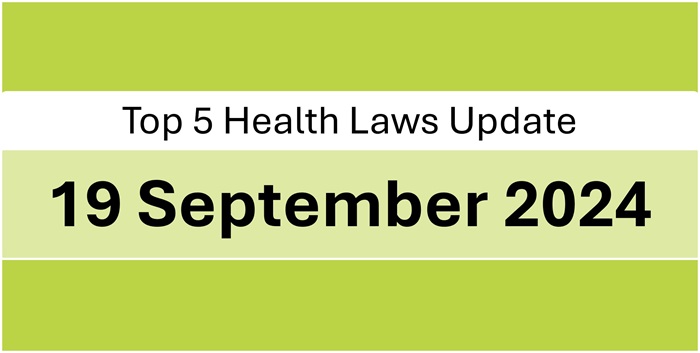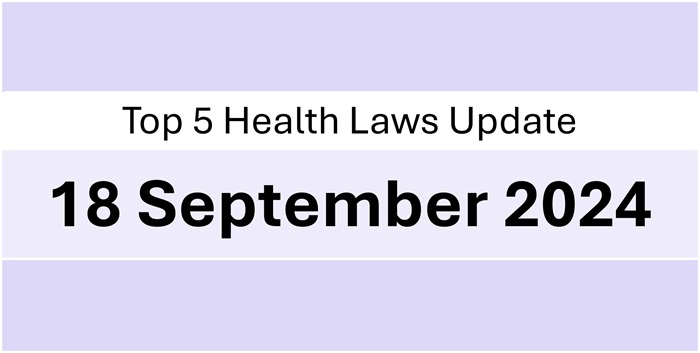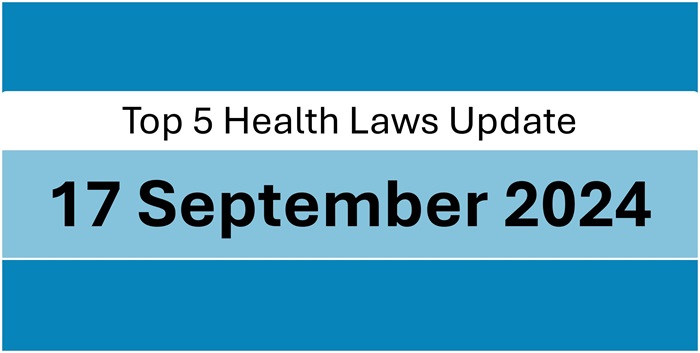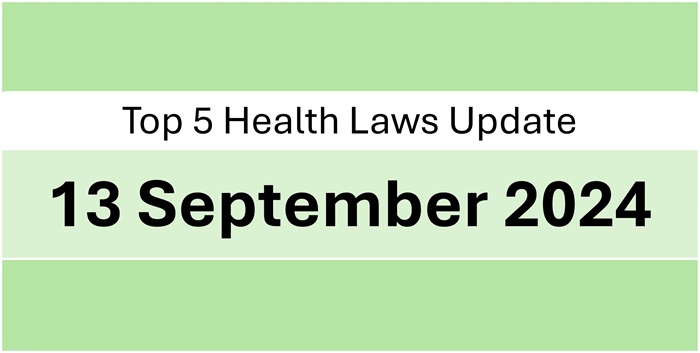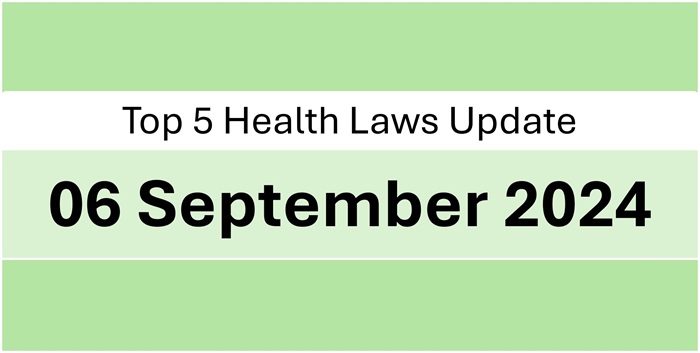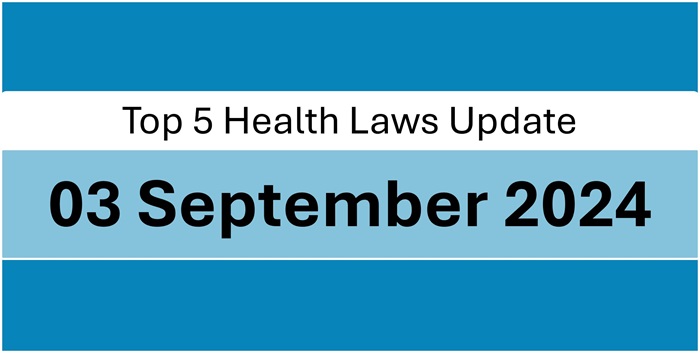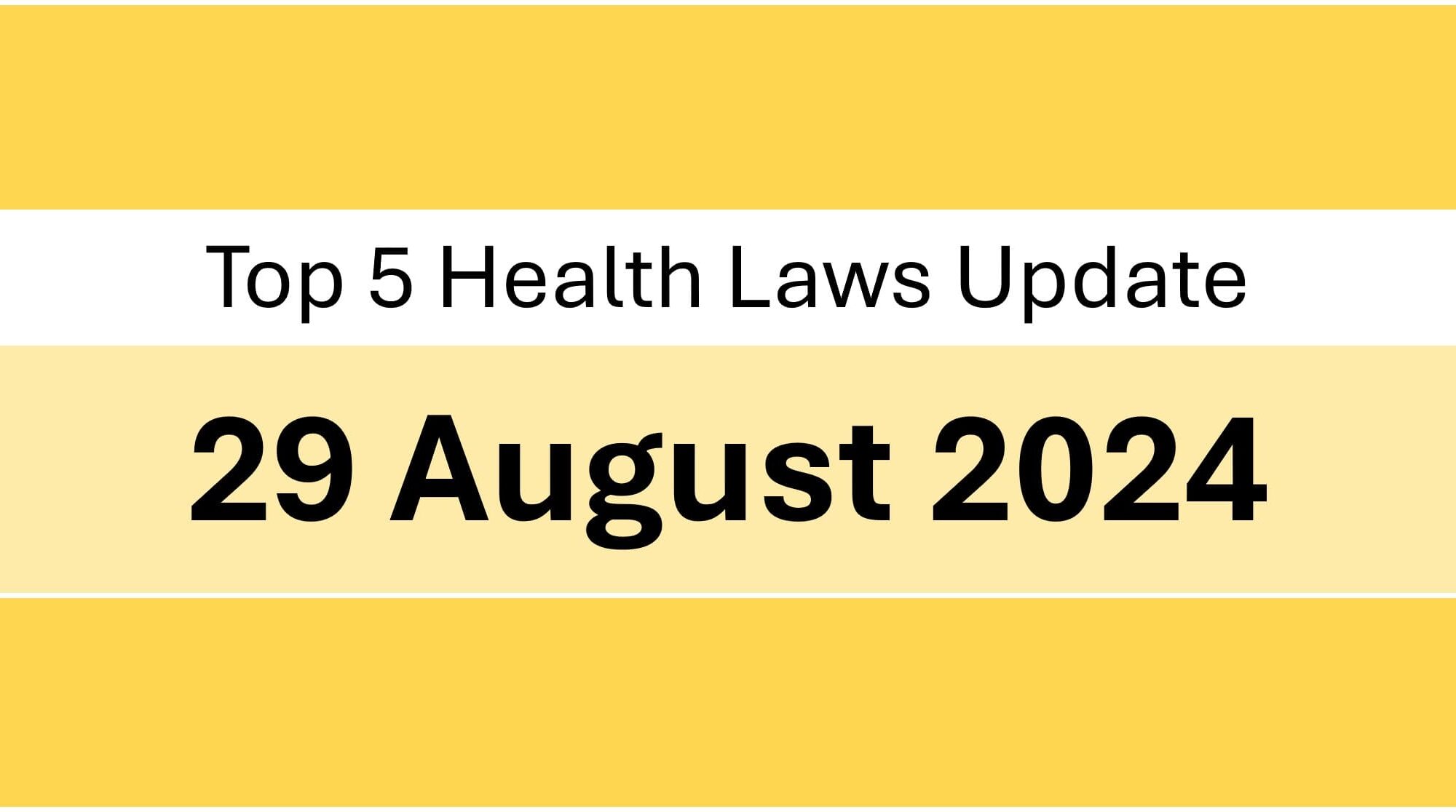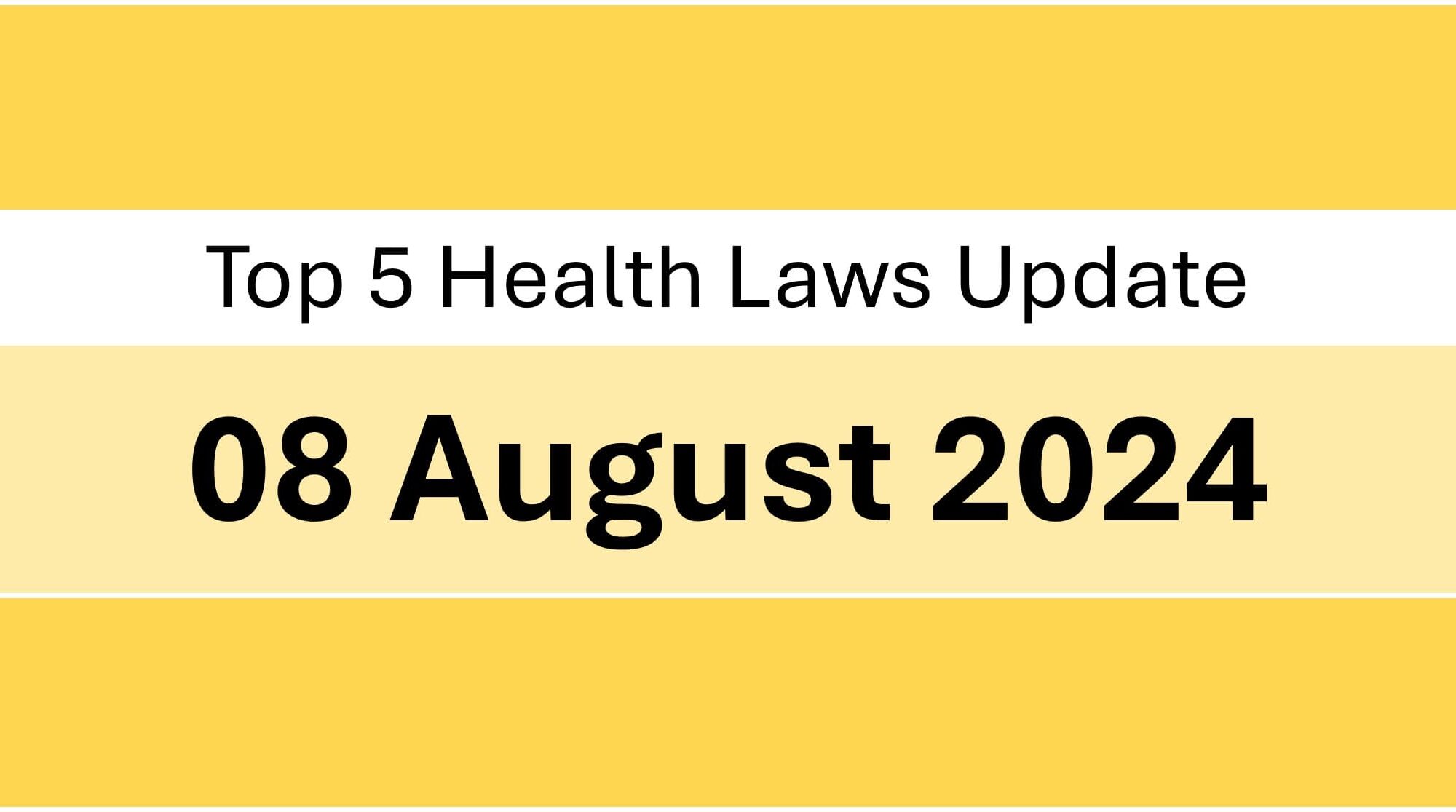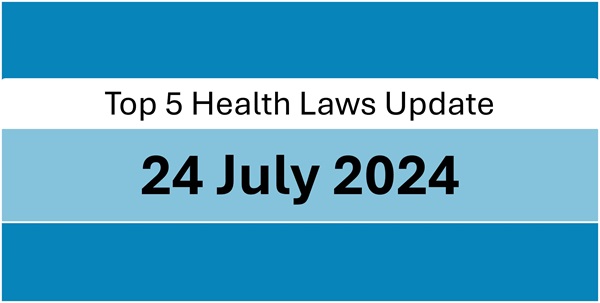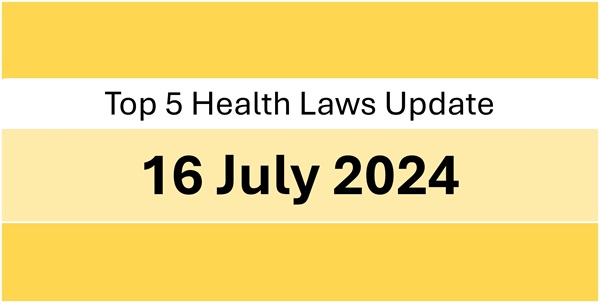1. The Indian Pharmacopoeia Commission (IPC) and the Central Drugs Standard Control Organization (CDSCO) have released Version 2.0 of the “Pharmacovigilance Guidance Document for Marketing Authorization Holders (MAHs) of Pharmaceutical Products”. This document facilitates the submission of the safety profiles of drugs by MAHs (manufacturer, marketer, or importer of a drug) and outlines the timeline for the process.
Source: bit.ly/4dctGCs
2. India’s Central Drug Regulator (CDSCO) is reportedly considering a proposal to change the color of all antimicrobial drug strips to blue for safer usage and to visually differentiate these drugs to curb antimicrobial resistance (AMR). This proposal would apply to pharmaceutical drugs and medicines, including antibiotics, antivirals, anti-parasitics, and antifungal drugs.
Source: bit.ly/47BUL0P
3. India’s Department of Food and Public Distribution (DFPD) has asked the leading edible oil associations in India to maintain the maximum retail price (MRP) of edible oil until the stocks of the edible oil that are imported at 0% and 12.5% basic customs duty (BCD) are exhausted. The Government of India has increased the BCD on various edible oils, which is effective from 14th September 2024, to support domestic oilseed prices.
Source: bit.ly/4e9Gwmj
4. The International Organization for Standardization (ISO) has released the second edition of ISO 23500-1:2024, outlining requirements for the preparation and quality management of fluids used in hemodialysis and related therapies. This standard guides practitioners on handling dialysis and substitution fluids for advanced treatments like hemodiafiltration and hemofiltration.
Source: bit.ly/3Bjlzqt
Source: bit.ly/4gskk8H
5. India’s Maharashtra Food and Drugs Administration (FDA) has taken action against an Ayurvedic drug manufacturing company by seizing its products and prohibiting the further distribution of its Ayurvedic drugs due to improper labeling. The company has made false and misleading claims about the drugs and its treatment in its advertisements, which are prohibited under the Drugs and Magic Remedies (Objectionable Advertisement) Act, 1954, and Rules, 1955.
Source: bit.ly/3ZucKUU

